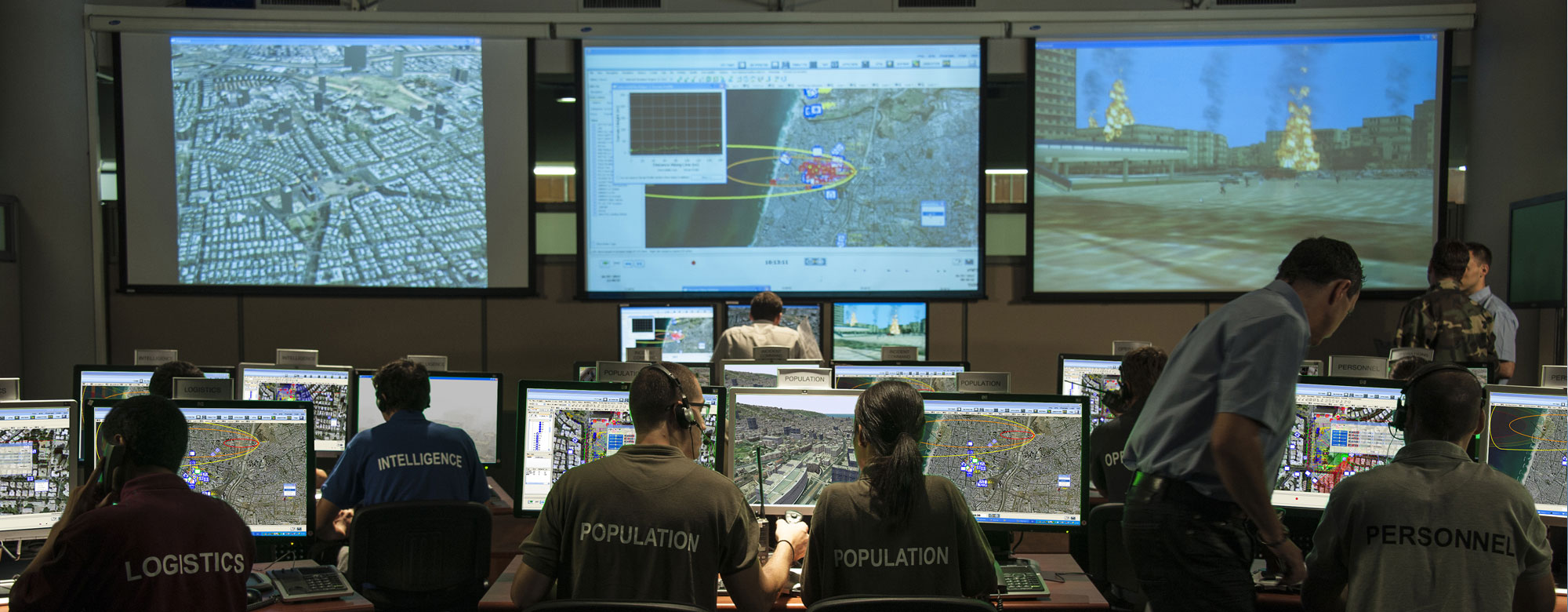
Israel Safeguards The World From Terror Attacks
Introduction
In an era where terrorism poses a significant threat to global security, Israel stands out as a nation with a wealth of experience and expertise in protecting itself and the world from terrorist attacks. This small Middle Eastern country has developed a multifaceted approach that combines advanced technology, intelligence capabilities, vigilant security measures, and a resilient societal mindset. Israel’s proactive stance in countering terrorism offers valuable insights for countries worldwide facing similar challenges.
Intelligence Gathering and Analysis
One of the key pillars of Israel’s counterterrorism strategy is its world-renowned intelligence apparatus. The country’s intelligence agencies, including Mossad, Shin Bet, and Aman, work together to gather, analyze, and act upon information related to potential threats. These agencies have honed their abilities to identify and disrupt terrorist plots before they can be carried out, not only within Israel but also across the globe.
Technological Innovation
Israel has emerged as a technological powerhouse, particularly in the fields of cybersecurity, surveillance, and anti-terrorism technologies. The country has developed cutting-edge solutions like facial recognition systems, advanced screening technologies, and secure communication networks. These innovations not only fortify Israel’s own defenses but are also exported to countries seeking effective tools to combat terrorism and enhance security.
Border Security and Military Defense
The nation’s geographical location necessitates stringent border security measures. Israel has constructed advanced border barriers and security fences equipped with monitoring systems to prevent unauthorized crossings. The Israel Defense Forces (IDF) play a pivotal role in maintaining national security, thwarting threats both within its borders and in nearby regions. The IDF’s counterterrorism units, such as Sayeret Matkal and Shayetet 13, are highly trained to respond swiftly to any potential threat.
Community Engagement and Resilience
Israel’s society has developed a unique resilience in the face of continuous security challenges. The government and civil society work in tandem to educate and prepare citizens for potential emergencies. Community-based programs and drills empower individuals to respond effectively to a range of scenarios, mitigating the impact of terrorist attacks.
International Collaboration
Israel recognizes that terrorism knows no boundaries and is committed to fostering international cooperation to counter this global threat. The country shares intelligence, expertise, and technologies with allied nations, aiding them in their efforts to prevent terrorist activities. Israel’s approach demonstrates the importance of collaboration in a world where transnational terrorist networks operate with increasing sophistication.
Counteracting Radicalization
To prevent the spread of radical ideologies and discourage homegrown terrorism, Israel invests in countering the root causes of extremism. Programs and initiatives aimed at deradicalization, community engagement, and promoting tolerance help foster an environment that resists the appeal of terrorist groups.
Swift Response and Adaptability
Israel’s security agencies are known for their rapid response capabilities. In the aftermath of terrorist incidents, the nation’s ability to swiftly investigate, neutralize threats, and provide medical assistance showcases its commitment to safeguarding lives.
Conclusion
Israel’s comprehensive approach to countering terrorism offers valuable lessons to the global community. The nation’s emphasis on intelligence gathering, technological innovation, border security, community engagement, international collaboration, and adaptability forms a cohesive strategy that has successfully protected its citizens and contributed to global security efforts. By learning from Israel’s experiences and adopting elements of its approach, countries around the world can better equip themselves to prevent and respond to the evolving threat of terrorism.


